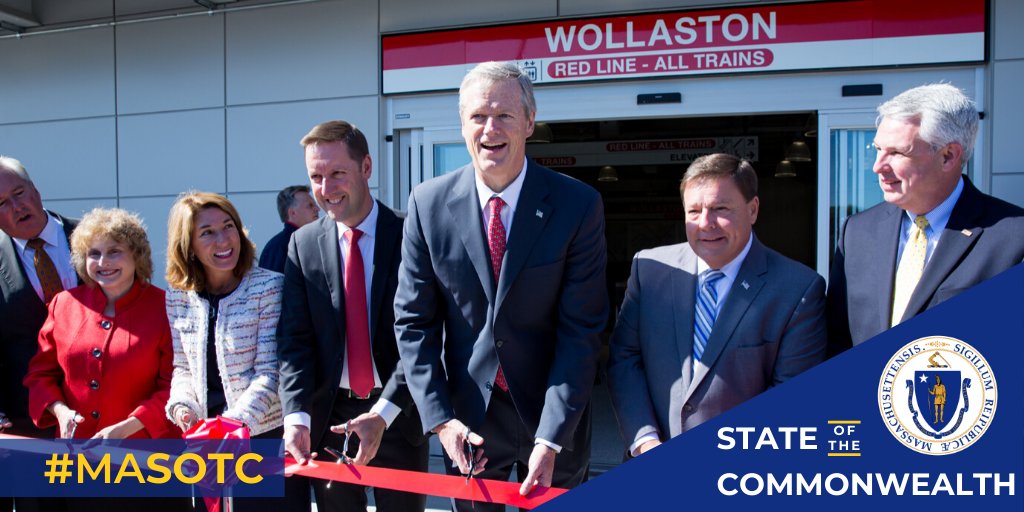by Jacob Stern, Sierra Club Massachusetts Deputy Director
It has been an exciting week in the world of Massachusetts climate advocacy.
First, during his State of the Commonwealth speech on Tuesday night, Governor Baker announced that his administration would adopt a new net zero by 2050 goal for Massachusetts. If successful, this means that by 2050 the state would essentially no longer emit polluting greenhouse gases. In 2008, Masssachustts adopted the Global Warming Solutions Act (GWSA) and set a goal of reducing emissions by 25 percent below the 1990 levels by 2020 and 80 percent below the 1990 levels by 2050. Baker’s announcement seeks to build upon the GWSA goals. He also emphasized the need for additional funding for the MBTA.

While, any announcement from Governor Baker about reducing our state’s carbon emissions is certainly exciting, a goal set 30 years in the future is not nearly ambitious enough to the scale of the climate crisis. Climate science tells us that we must act swiftly to lower our greenhouse gas emissions by at least 50 percent by 2030 and shift our electricity grid to 100 percent renewable by 2035.
And now, today, the Massachusetts State Senate unveiled a package of three climate bills: “An Act Setting Next Generation Climate Policy,” “An Act to Accelerate the Transition of Cars, Trucks and Buses to Carbon-Free Power,” and “An Act Relative to Energy Savings Efficiency.” This legislation proposed as a comprehensive response to the climate crisis. The Senate’s legislation emphasizes the need for critical emissions-reduction policies, including Sierra Club priorities such as phasing in electric buses, rolling out a net-zero stretch code for new buildings (which includes phasing gas out of appliances and energy efficiency updates), and embracing a 2030 climate pollution reduction goal across all sectors. Sierra Club also supports other provisions of the bill, including increasing access to solar for low-income communities; directing the Department of Public Utilities (DPU) to consider emissions when it reviews electricity rates, prices, charges, and contracts; and establishing a permanent zero-emission vehicle incentive program, a critical step towards accelerating the electric vehicle market in the state.
Stay tuned... #NextGenClimate #mapoli #ClimateActionNow pic.twitter.com/uQsEhn3Xue
— Karen Spilka (@KarenSpilka) January 21, 2020
However, absent from the bill is language around transitioning to 100 percent clean, renewable electricity that would have brought the Commonwealth in line with Washington, Nevada, California, New Mexico, Puerto Rico, Washington D.C., and over 150 US cities that have made 100 percent renewable goals.
The Senate has committed to voting on the above bills before the end of January. Once the vote happens, it will be up to the Massachusetts House of Representatives to decide to move the bills forward.
Sierra Club and our allies are committed to making this legislation the best version it can be, emphasizing our commitment to equity, and most importantly ensuring that these critical policies are passed into law before the end of the 2019-2020 legislative session on July 31st.